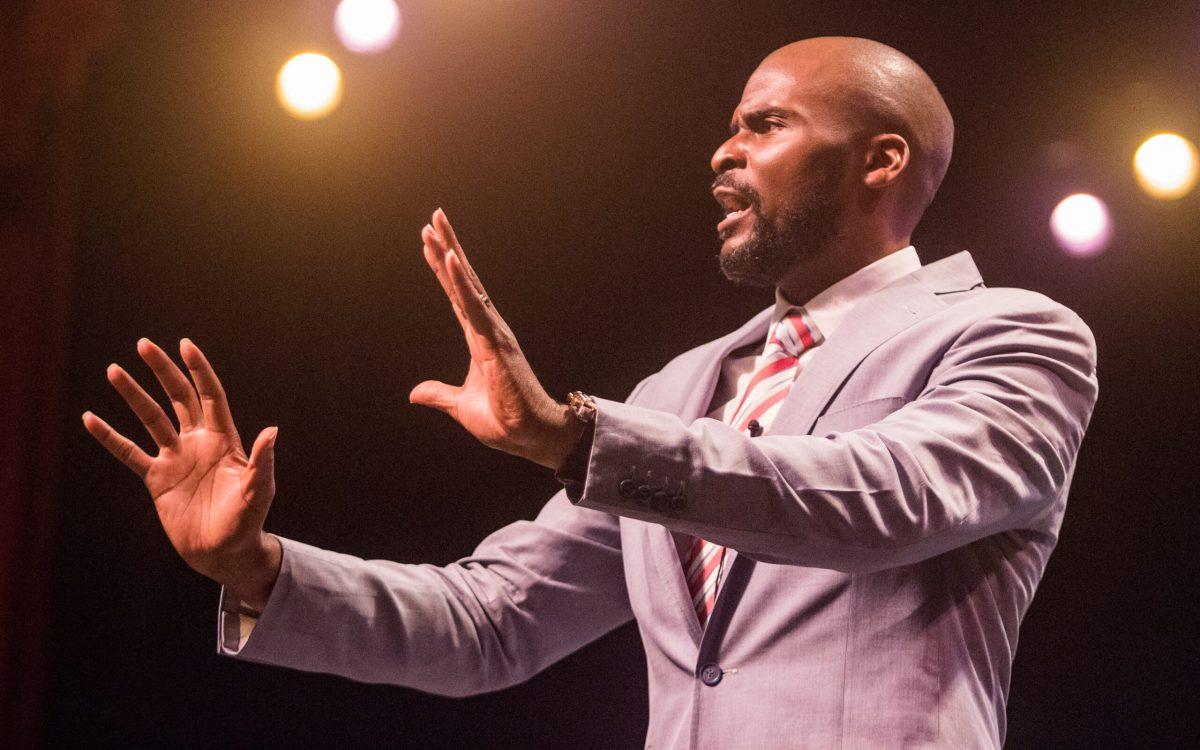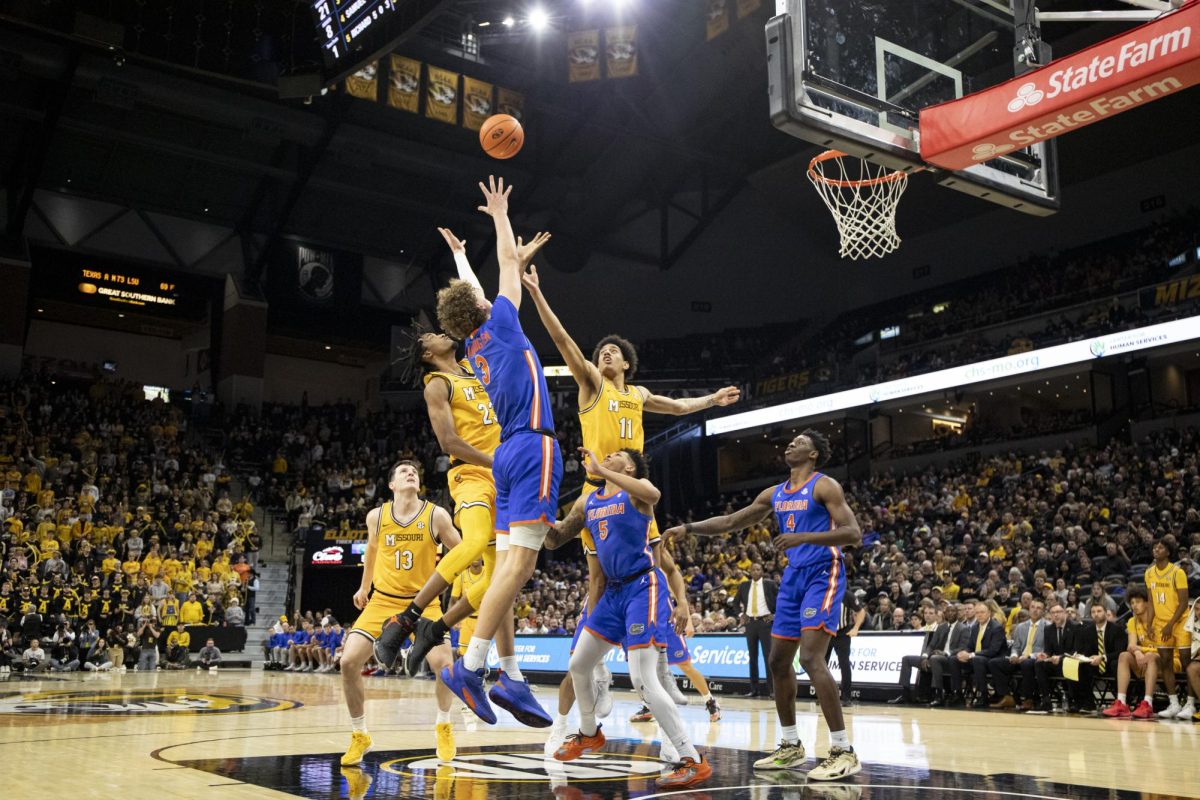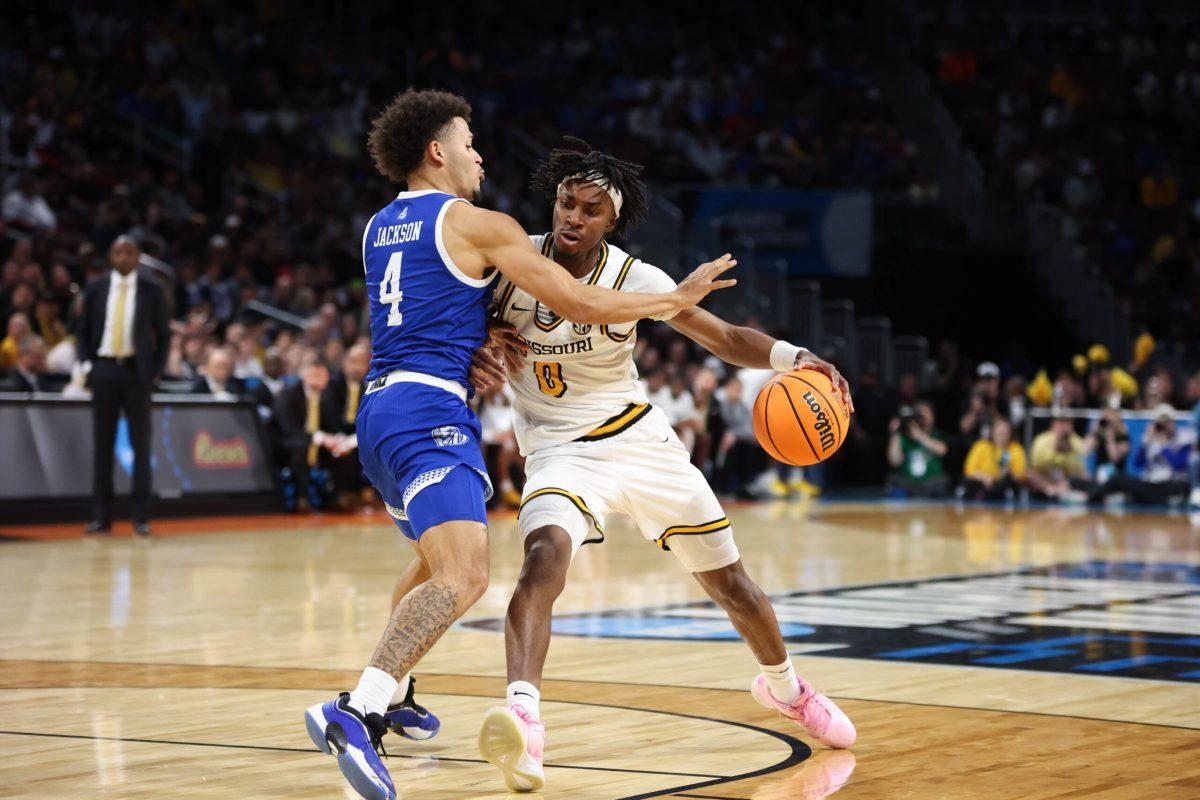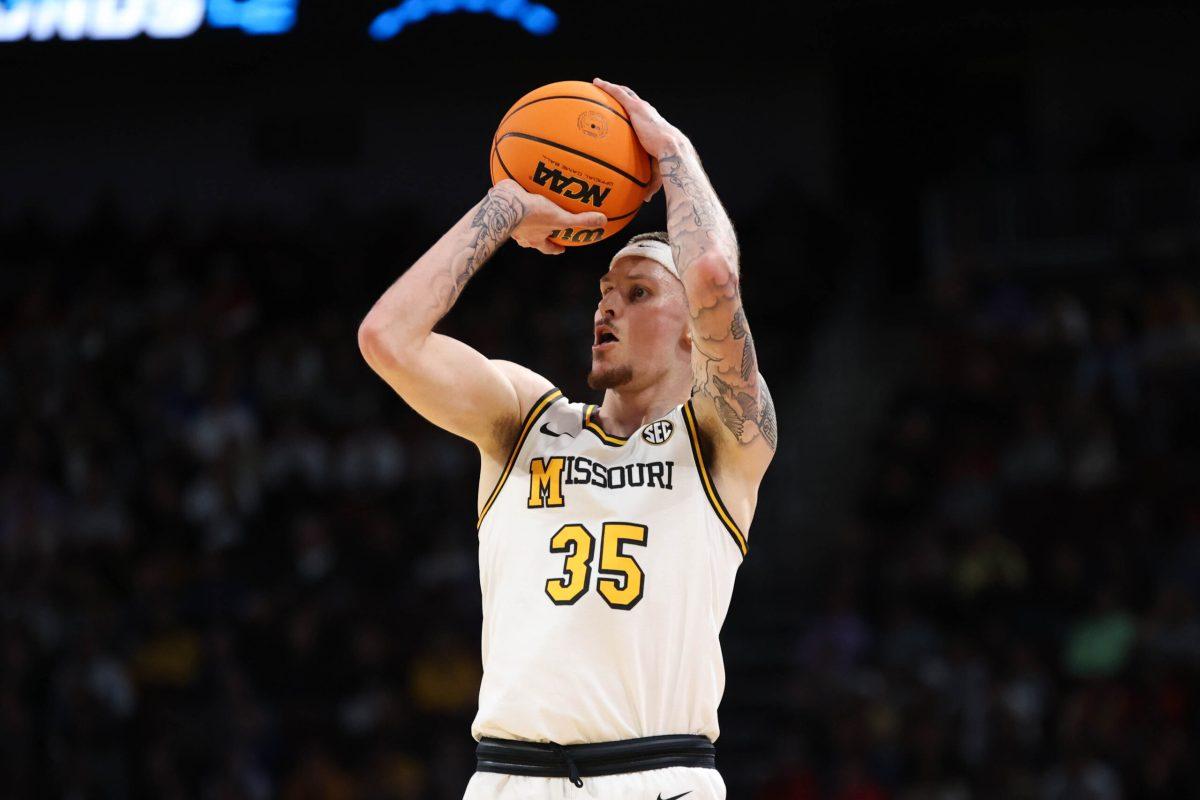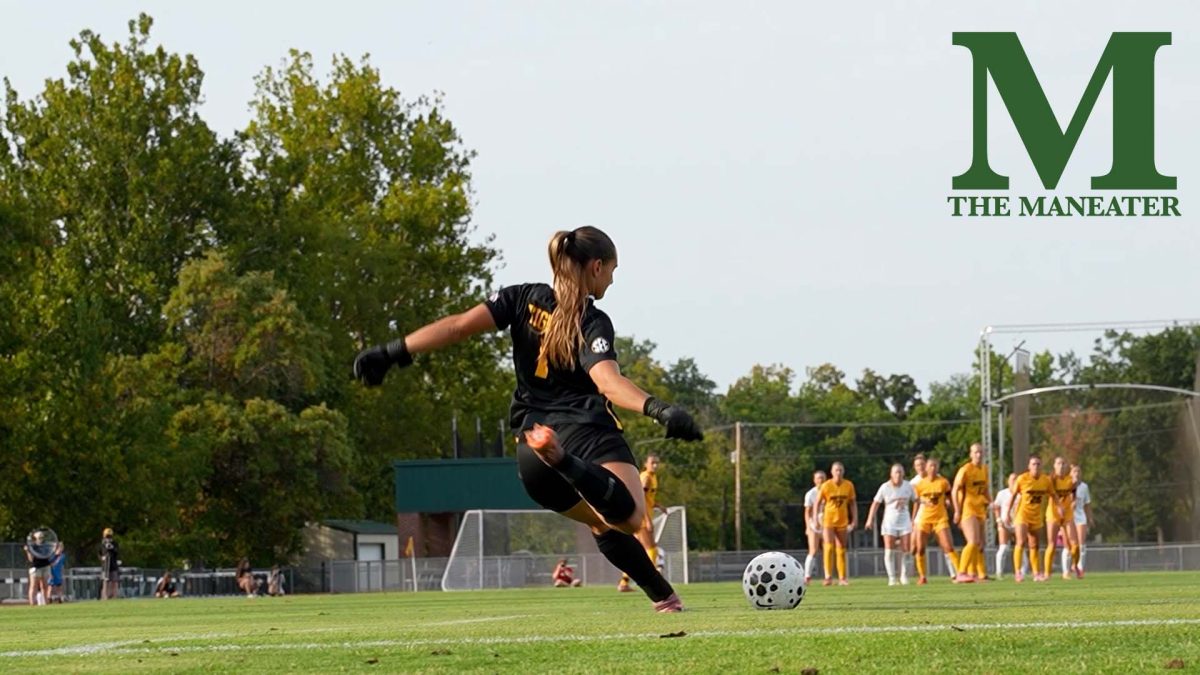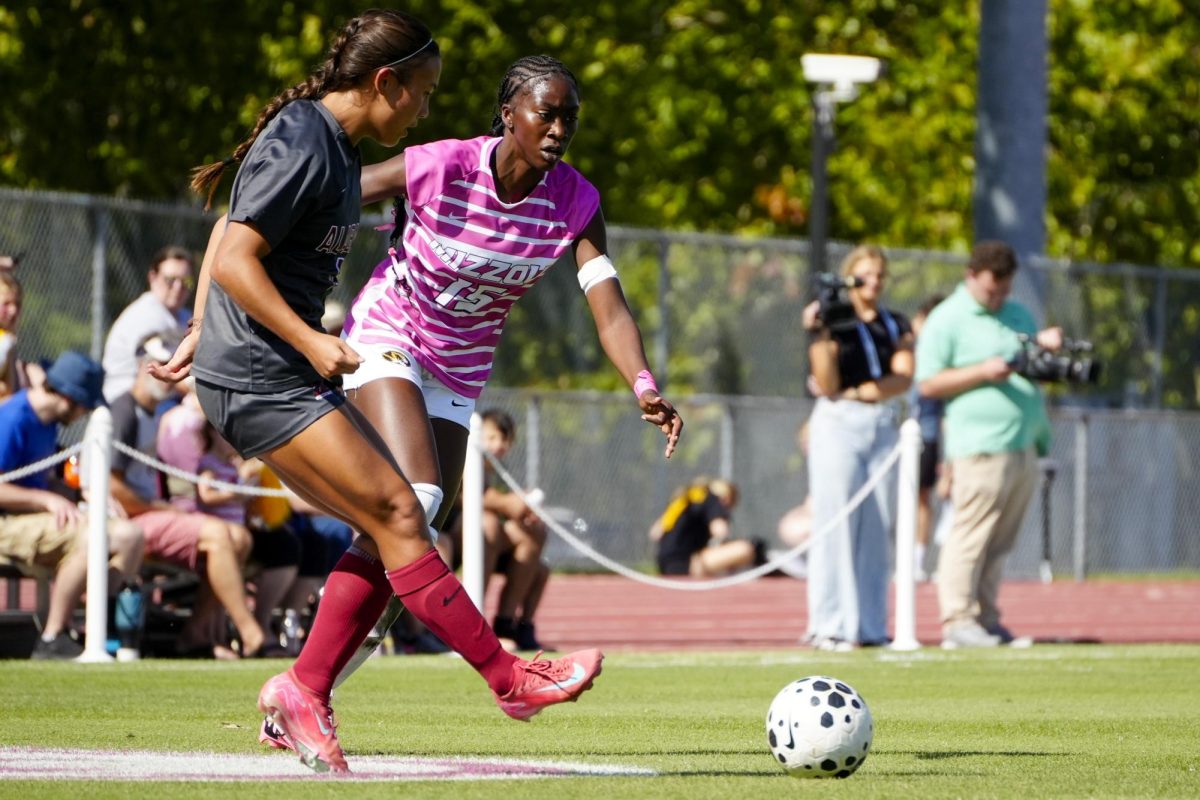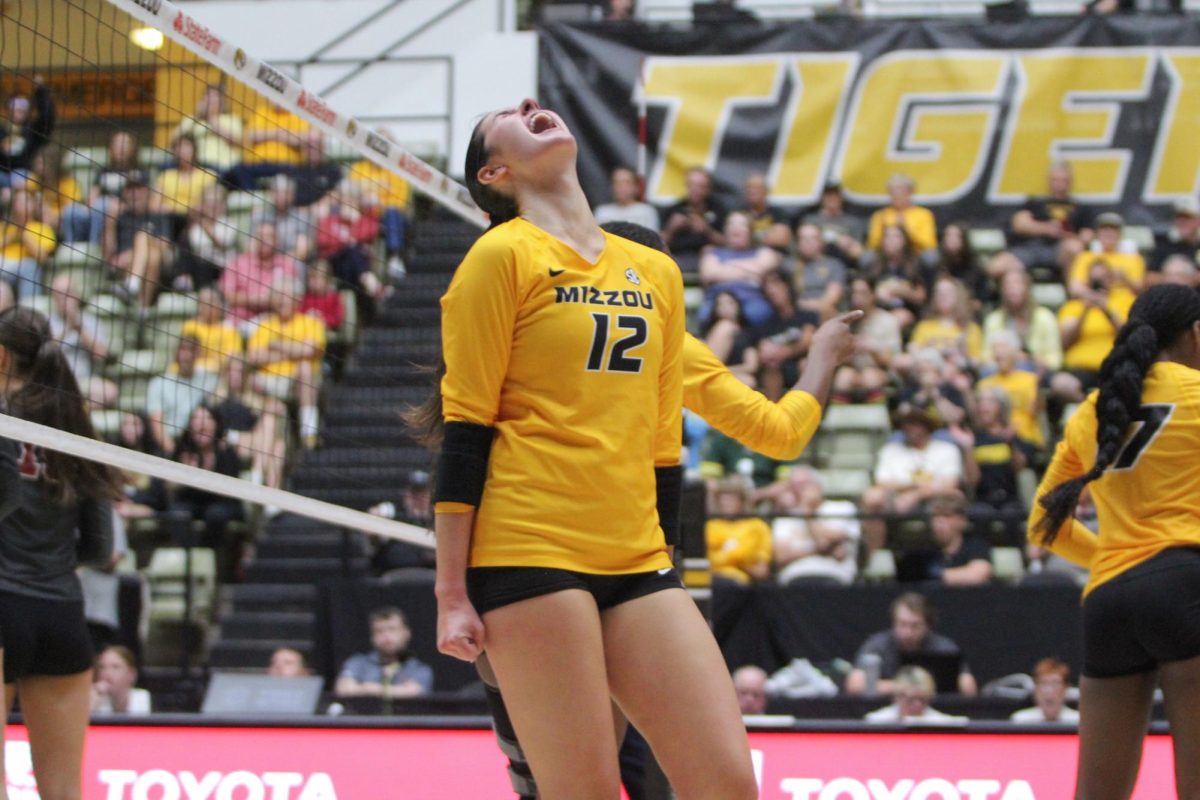Former NBA player and MU alum Keyon Dooling spoke about mental health to nearly 1,000 students at Jesse Auditorium Wednesday evening, pulling from his own experience overcoming the mental anguish that has followed him after being sexually abused as a child.
Dooling, who attended MU from 1998-2000, discussed his personal battle with post-traumatic stress disorder and the process of dealing with mental health issues on World Mental Health Day. His message focused often on the stigma surrounding mental health, saying the topic is misunderstood and needs to be talked about more.
“We have to normalize the discussion,” Dooling said. “The same way we treat physical injuries is the same way we need to treat our mental and emotional health. I want to be a vehicle that pushes that positive propaganda out to the masses.”
After being sexually abused by a 14-year-old when he was 7, the scars that stayed with Dooling built up until a mental breakdown after 12 years playing professional basketball. Dooling checked himself into a mental institution in 2012 and has used a variety of methods to cope since then. He is now a motivational speaker about the very topic he says he’s still handling within himself.
Throughout the speech, Dooling repeatedly drilled home a message encouraging MU students to seek help if they are struggling.
“You can get better,” Dooling said. “Whatever you might be suffering through, you can heal from it. I promise you that.”
Dooling also emphasized the importance of young people today learning and understanding the importance of improving and maintaining mental health.
“The youth need to hear my message,” he said. “I think you guys are the future. I want to make sure that I transfer the information from my experience back to this generation.”
Dooling currently helps run the new mental health and wellness program for the NBA.
One audience member, sophomore Shannon Browning, praised Dooling for touching not just on mental illness and mental health, but also about teamwork and leadership and the art of visualization.
“I think just having someone who was a former NBA player – has all these accolades – just being really real with the members of campus and just sitting down and having a heart-to-heart with everybody made it really individualized,” Browning said. “It was just a really intimate event.”
Although Dooling has made significant strides since he spent four days in the mental institution, he recognizes that his illness is not a temporary problem.
“I’m not fixed because I went to therapy,” Dooling said. “I’m not healed. I am healing and I will forever be healing.”
_Edited by Bennett Durando | [email protected]_


